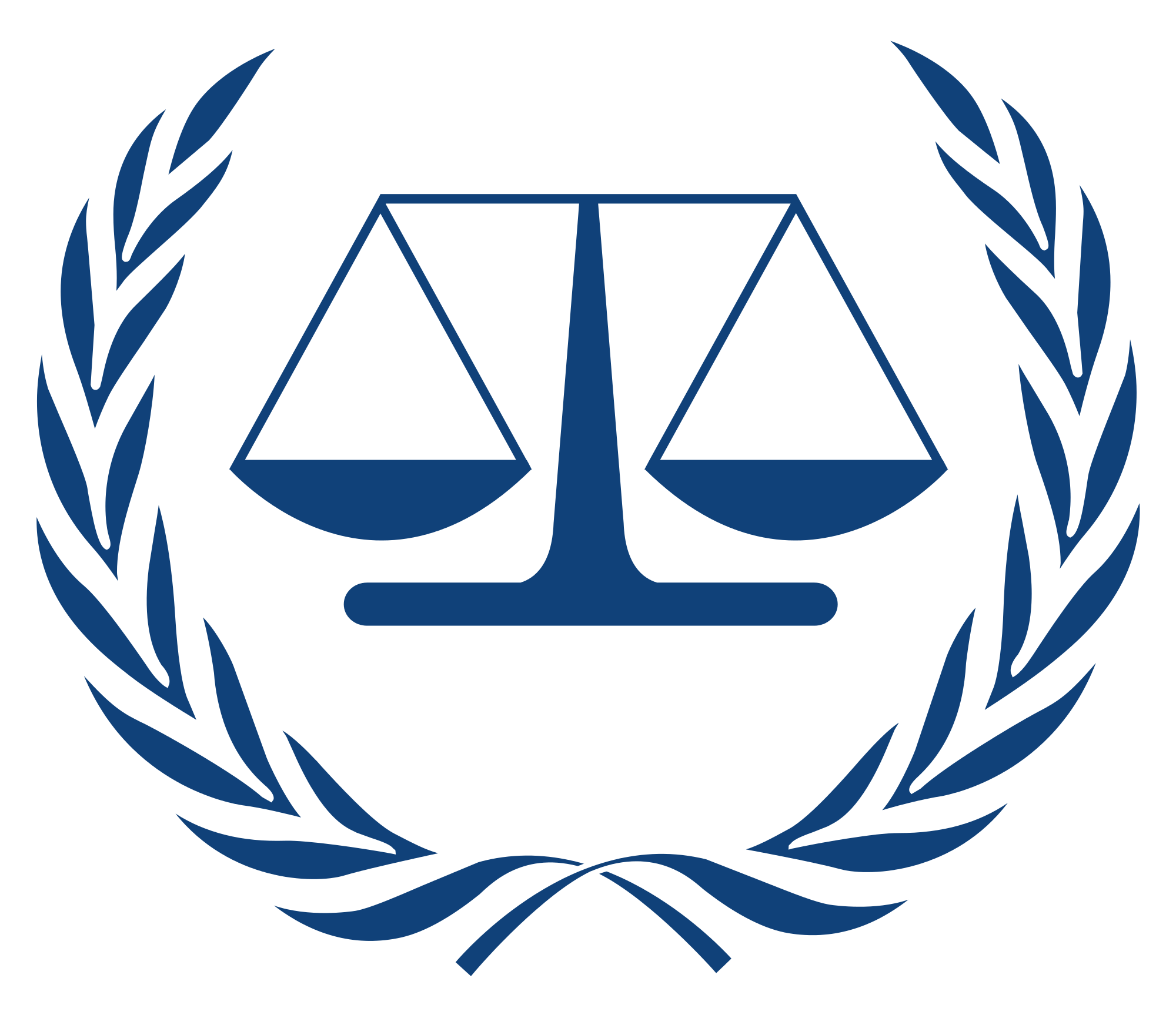Though Trump’s former national security adviser John Bolton is now at odds with the president, the Trump administration seems to have belatedly adopted Bolton’s policy of extreme hostility to the International Criminal Court as its own.
Secretary of State Mike Pompeo has now called the ICC “corrupt”—without any evidence—and labeled it a “kangaroo court.” Further, he has announced that the United States will impose economic sanctions on court personnel, including members of their families. The court’s sin, ostensibly, is that on March 5, an appellate panel of its judges authorized the ICC prosecutor to move forward with an old case involving war crimes allegedly committed by U.S. forces.
These crimes are alleged to have been committed in Afghanistan by U.S. forces after the date in 2003 when that country accepted the jurisdiction of the international court. Extensive crimes, especially torture by the CIA, were documented in great detail in a U.S. Senate investigation but were never prosecuted by the United States. The Obama administration was intent on ending such practices, which had taken place during the years of the Bush presidency, under the watch of Vice President Cheney and Secretary of Defense Donald Rumsfeld, but not on holding those responsible accountable.
Bolton had served in the State Department in 2002 when the ICC came into existence. He persuaded President Bush to unsign the treaty establishing the court, thus reversing the position taken by President Clinton and ensuring that the United States would not be a party to the treaty. Bolton later described that occasion as his “happiest day in government service.”
While Bolton at the time cited numerous objections, in general the Bush team was concerned about providing U.S. armed services personnel, including those at the top, with immunity from prosecution.
Bolton was also instrumental in getting Congress to adopt the American Servicemen’s Protection Act, introduced in the Senate by Jesse Helms and in the House by Tom DeLay. The law threatened reprisals against governments that cooperated with the court in bringing prosecutions against Americans who committed crimes on their territory. The law was widely known as the “Hague Invasion Act.”
A few years later, after Bush nominated Bolton to serve as U.S. ambassador to the United Nations, Bolton was temporarily sidelined while the Senate debated (and ultimately rejected) his confirmation. In his absence, Secretary of State Condoleeza Rice had the United States abstain from a resolution in the United Nations Security Council referring Sudan to the ICC (the process by which the ICC may bring a prosecution for crimes committed in a country that has not voluntarily accepted its jurisdiction).
Had Bolton been in place as ambassador to the U.N. at the time, the United States would have vetoed the resolution. His absence allowed the ICC to proceed with indictments alleging genocide in Darfur, described at the time by Secretary of State Colin Powell as the worst humanitarian crisis of the twenty-first century. Although it has taken many years, the ICC has just now obtained custody of the leader of the Janjaweed, the militia principally responsible for carrying out that monstrous cleansing.
A curious question about the Trump administration’s current assault on the ICC is why it waited from early March, when an appellate panel authorized pursuit of the prosecution of the crimes committed in Afghanistan, until June, to mount the attack. Was there some other reason for Secretary Pompeo, Attorney General William Barr, and other officials to assail the court at this time? In fact, it seems that is the case. The ICC prosecutor is also considering a possible case against Israeli officials for crimes in Palestine.
Several years ago, the Palestinian Authority ratified the treaty establishing the ICC. The obvious question its action raised is whether Palestine is a state with the power to ratify an international treaty. It is a disputed issue. Eventually, the prosecutor decided to proceed on the basis that the General Assembly of the United Nations has recognized Palestinian statehood and the right of Palestine to join international institutions. It is by no means certain that a prosecution of Israeli officials—for such offenses as indiscriminate bombings in Gaza or for Israel’s settlements policy, which is banned by international law—will take place. But it has now become a possibility.
The decision by the prosecutor to affirm that Palestine can ratify the treaty for the ICC does not necessarily mean that a prosecution would target Israeli officials or focus exclusively on Israeli officials. It could also place Palestinian forces, including Hamas or other jihadi groups, at risk.
On May 14, 262 members of Congress of both political parties sent a letter to Secretary Pompeo expressing concerns about the ICC. Though the letter discussed the possibility of both the prosecution of Americans for crimes in Afghanistan and the prosecution of Israeli officials for crimes in the Palestinian territories, the emphasis was on the latter. B’nai B’rith, a prominent Jewish organization, has also spoken out strongly against a possible prosecution of Israeli officials.
Though Trump administration officials so far have made the threat that the ICC poses to Americans for crimes in Afghanistan the rationale for their attacks on the ICC, the timing suggests that they did not take that threat seriously until more recent days. Could it be that a potential threat against Israel was the trigger? Might they have been intent on demonstrating their unstinting devotion to Israeli interests during an election year?
One would think that by now the Trump administration would have won over that limited portion of the electorate that is, first and foremost and to the exclusion of almost all else, preoccupied with support for the policies of the current Israeli government. But perhaps it still thinks it has something to prove.
Aryeh Neier is president emeritus of the Open Society Foundations.







0 Comments